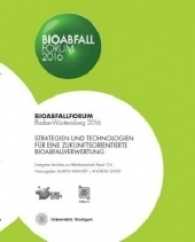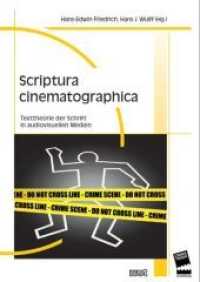- ホーム
- > 洋書
- > ドイツ書
- > Humanities, Arts & Music
- > Philosophy
- > antiquity
Description
(Text)
Anicius Manlius Torquatus Severinus Boethius ( Rome, ca. 480 Pavia, 524) was one of the powerful bridges of education and general culture between European Antiquity and the Middle Ages. He was the ideal receptacle (. .p.d..., . ...a) for the threefold scientifi c-philosophical-ethical Tradition of Knowledge which led up to him, and the ideal reservoir and source (t. .p.d..e..., . .....) for the thirty-three generations of Masters and pupils which followed him. Boethius, given the completeness of his general culture and education (. pa.de.a, humanitas, eruditio institutioque in bonas artes), can thus be considered the Father of western mediæval scientifi c-philosophical thought, and indeed his research gave to the post-Roman period the key to understanding the substance of true ideas through the study of fundamental concepts, such as: the substance of number (substantia numeri), the cognitive process (cognitio), the wise management of happiness and suffering, and of justice and injustice (summa bona), et caetera.
The veritable s..p.. of this study, that is to say its true aim, is to bring better into focus the infl uence of the research and teachings of the Platonist Boethius on the European post-Roman civilisation between the last quarter of the 8th century and the fi rst half of the 12th century, period during which Europe structured its basic educational, scientifi c, philosophical and ethical Unity of Culture, and during which took place the slow gestation of the fi rst European universities, created in Italy, France, England, Spain, Germany, etc. Boethius, thus, comes to the forefront as one of the most important sources for the new Carolingian and post-Carolingian branch of the scientifi c philosophical Tradition of Knowledge as of 782, the year in which Alcuinus Euboricensis (Alcuin of York, ca. 730 Tours, 804), invited by Charlemagne, assumed his new functions as Praeceptor of the Schola palatina in Aachen, down to 1154, the year in which the last of the great dynasty of paeceptores of the Schola Carnotensis (School of Chartres) died, that is to say Theodoricus Carnotensis seu Brito (Thierry of Chartres or Thierry the Breton).
The intellectual and cognitive gestation periods of the 8th, 9th, 10th, and 11th centuries were well-rooted in the very reliable corpus provided by the works of Boethius, and by their multiple glosses and commentaries, corpus which possessed very high standards for civilization management and civilization development. Thus, given the quality of his opera omnia and his persona, the spirit of Boethius remained alive in his tangible and intangible intellectual patrimony, allowing him, posthumously, to exert a very positive infl uence on the founders of mediæval universities of the 11th, 12th, and 13th centuries. In this perspective, we can now better measure the legacy of Boethius within the framework of the European general culture from Alcuin of York to Thierry of Chartres, and, above all his subtle and fundamental infl uence on the European Unity of Culture, which contributed largely to the birth of the Studia generalia, or Uniuersitas magistrorum ac scholarium, a fundamentally humanitarian institution born out of the mediæval urban society of the 11th, 12th, and 13th centuries. Explicit








